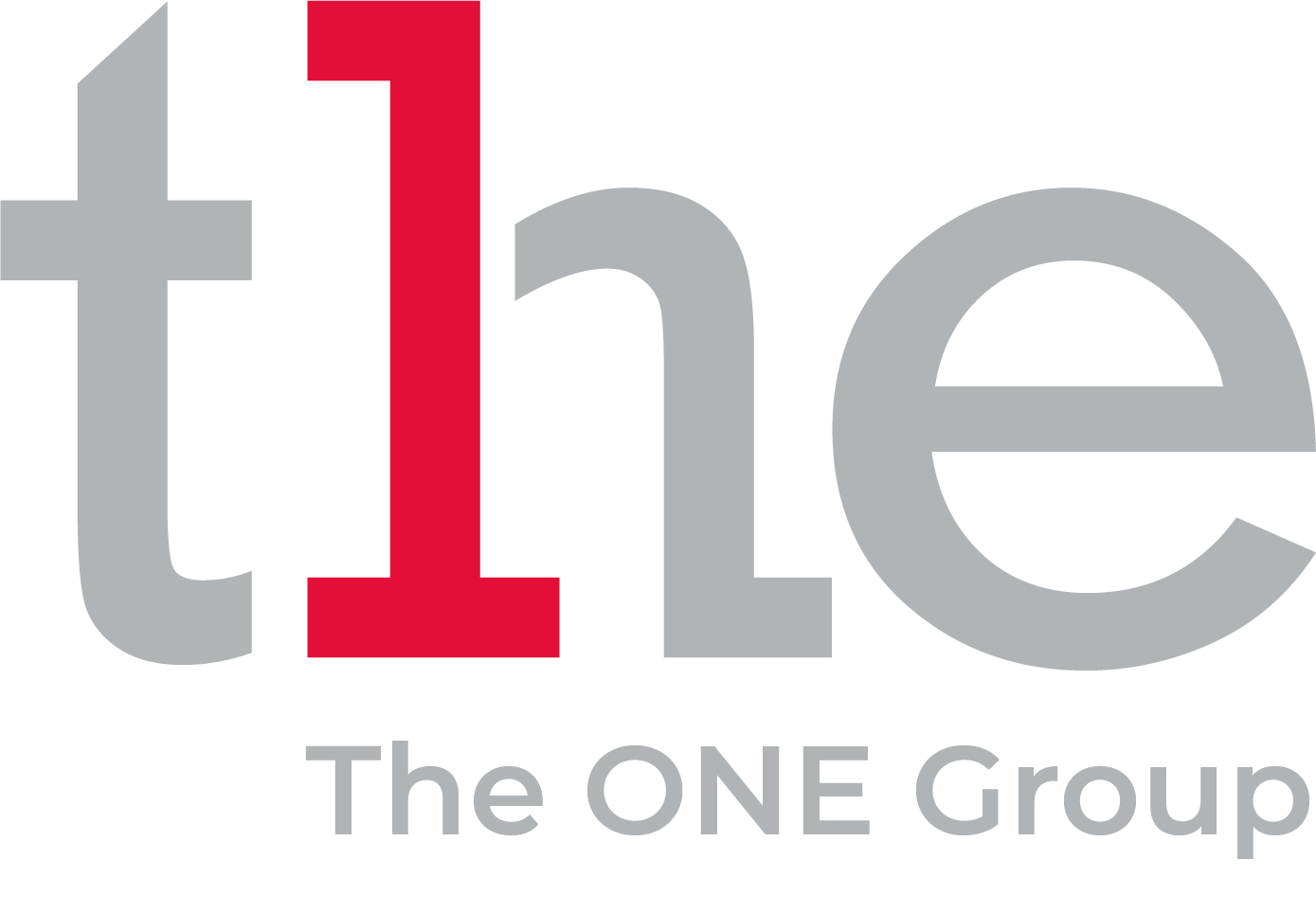Rolls-Royce, Bentley, Aston Martin, and Jaguar Land Rover are all part of the long list of Automotive giants forced to make redundancies as a direct result of COVID-19.
In June, the BBC reported that up to one in six UK automotive jobs could be lost in the midst of the current pandemic, with more than 6,000 jobs cut in June alone.
And it’s not just the Automotive industry that’s taken a heavy hit recently. Easy jet, Airbus, British Airways and Ryanair all announced significant redundancies early on in the Coronavirus crisis, not surprising given the travel restrictions brought in worldwide, almost overnight. But, with Unite (the UK’s leading union) reporting that companies in the Aerospace supply chain made in excess of 5,000 redundancies in a matter of days in July, highly skilled technical and engineering professionals all over the country now sadly find themselves out of work.
The question I’m being asked most at the moment is “how do I get a job if there are no jobs in my industry?” I know that this is going to be a difficult time for many engineers or technical candidates who have spent their entire careers in one particular sector, but it is highly likely that this is the ideal time for you to leverage your transferrable skills in order to make a move into a new industry.
Whilst the big corporations in Aerospace and Automotive are losing great people due to work drying up, some industries have seen an increase in demand in recent months, and companies in these sectors are desperate for people with your expertise right now.
FMCG
The FMCG industry has grown throughout the crisis which I don’t think will come as a surprise to most. At the beginning of lockdown everyone was fighting over toilet paper and the “lockdown stone” wasn’t achieved by eating less. Certain FMCG segments have seen a rise in consumer interest of up to 54%, so it’s no wonder the sector is still hiring – and perhaps even more than they usually would be. This has also had a huge impact on those in the supply chain for these items.
Pharmaceutical/BioscienceIt doesn’t take a rocket scientist to know that the Pharmaceutical and Bioscience industries are working harder than ever in the current climate. The race to find a vaccine for the virus has seen many companies in the sector prioritising research and development, meaning that the likes of global Pharma organisations like AstraZeneca are still hiring by the truckload and many technical candidates have a lot to offer the industry in a time when working to tight deadlines means they need more hands-on deck. With many R&D companies still very much in start-up and pre-profit stage, their business activities - as far as revenue goes – have gone unaffected and therefore still require the Talent needed to continue with their vital work.
High-Tech (Process Machinery & Capital Equipment)
The profits and overall successes seen in the a forementioned industries has led to significant investment in the factories responsible for keeping up with the high demand. This means a focus on automation and/or higher speed production capability and has been particularly the case for companies working on 3D Printing, which is now being used to produce visors, valves, barriers etc. in response to the global demand for COVID protection. Also positively affected are those producers of Thermal Imaging Systems, whose demand has now rapidly surged due to the requirement for being able to check the temperatures of large groups of people in quick succession. Previously these companies had relied on contracts or orders from the forces, public sector or security industries, but now business in all sectors are keen to get their hands on the goods they produce.
Key Transferrable Skills to Focus On
Now you know what industry your next move might land you in, here are some of the key transferrable skills your future employer will be pleased you’re taking with you:
Communication - Being able to communicate effectively with both other technical colleagues, as well as those from non-technical departments, is an attribute that could really set you apart from other candidates. Both written and verbal communication is a key contributor to building good working relationships with co-workers, working collaboratively, and resolving conflict, should it arise.
Time Management - Working to specific deadlines – and being able to provide examples and proof of when and where you have done this, as well as the positive impact it had at the time – is a good way of demonstrating your ability to manage your time effectively in a time-pressured environment. Time management as a skill also suggests that you are able to prioritise and plan efficiently, to produce a favourable outcome for yourself and those around you; something that every employer would see as value you can bring to them.
Problem Solving - Technical professionals are problem-solvers by nature, but often don’t explicitly show examples on their CV of where they have done this particularly well. Be sure to list key problems you’ve solved in the “Key Achievements” section of your Work History.
People Management - Leadership will always be a sought-after skill, no matter what the industry. This is even more so the case in the current climate where collaboration to meet deadlines is even more important than ever before. By highlighting instances where you’ve managed or led teams, you show the Recruiter or Hiring Manager that you are capable of driving something as opposed to just contributing to it.
Project Management - Managing stakeholders, negotiating, budgeting and planning are all key parts of successfully managing projects and are skills outside of your day-to-day duties and responsibilities that will add additional weight to your CV. Think about projects you’ve been a part of and be sure to highlight your role and achievements throughout these.
Regulated Environments - Experience of working in highly regulated environments with strict health and safety policies and processes will only ever be seen as a positive in a technical role. Rigid standards worked to in both the Aerospace and Automotive industries are mirrored by those required by other manufacturing or R&D sites. Previous exposure and the ability to work to these strict rules means you are well prepared for the type of environments you may be faced within the other industries I’ve listed.
Commercial Awareness - Knowing how something works is one thing, but knowing why- and the impact it has on the wider business - is another skill entirely. In addition to expert technical knowledge, commercial acumen is something that many companies look for in their technical hires today. Understanding the wider goals and aims of a company as a whole and how the work you do contributes to them is something that will allow you to spot potential opportunities for process and continuous improvements in your work. Times are tough and money is tight, so now is as good time as ever to tune in to what’s happening around you.
Whether you’re an Engineer out of work or a Production Manager looking to bring more strength to your team in this busy period, it would be great to hear from you. The Technical Division here at The One Group recruit within FMCG Manufacturing, Automotive & Motorsport, and Advanced Technology & Process Machinery. CNC Machinist, Technologist, Quality Engineer, Lab Technician: whatever your role within these industries, we’re the right people to talk to about your next move.
Whilst the economy as a whole has taken a bit of a bashing recently, there are still industries thriving despite the current circumstances and we are still recruiting for clients across a number of sectors nationwide. It goes without saying that we also have some exceptional candidates registered and looking for new opportunities. Get in touch today to find out how we can help.


